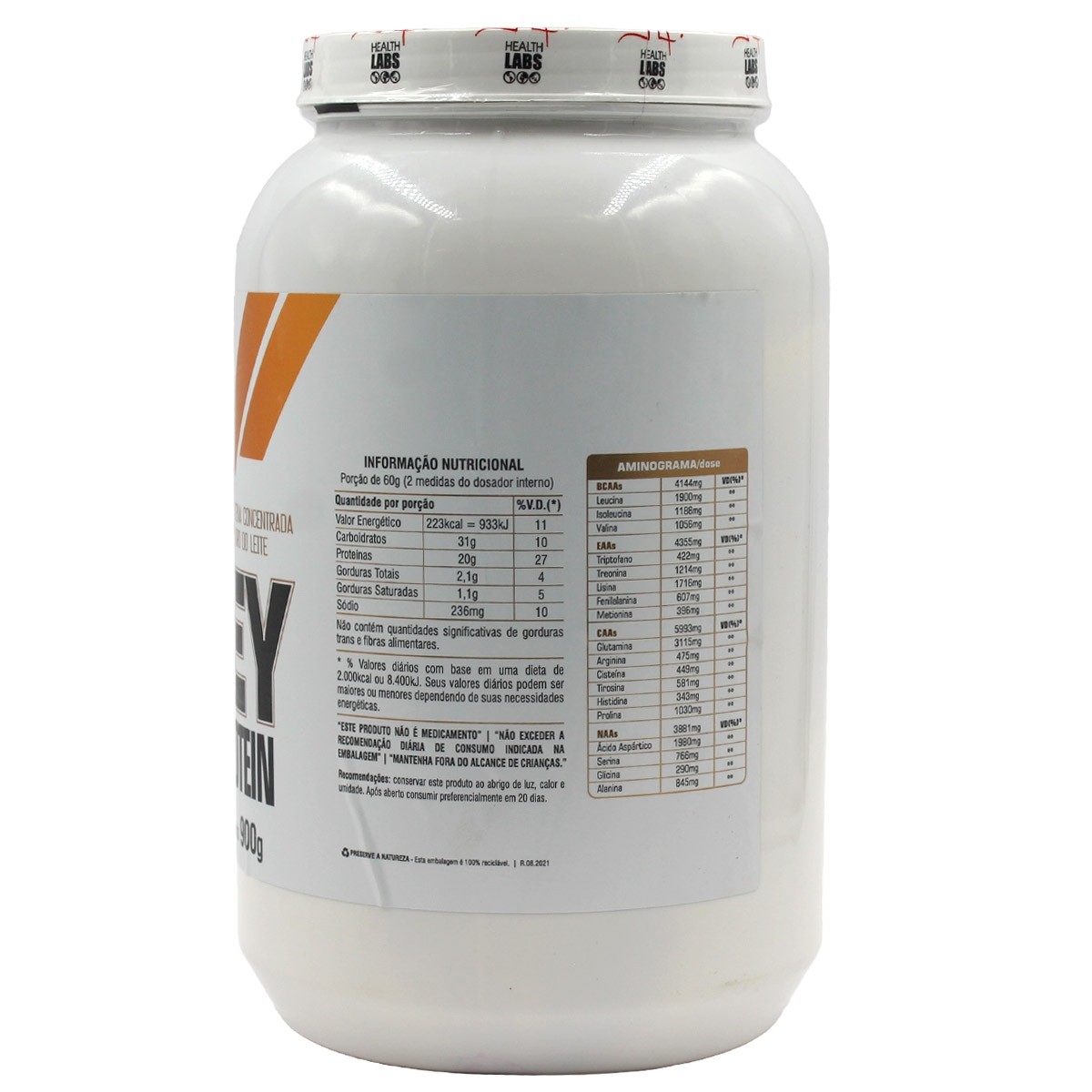When it comes to the health of your pets, regular veterinary testing is essential. Veterinary laboratories assist in diagnosing illnesses for household pets.
In the following discussion, we’ll dive into the value of routine pet exams and explain their importance.
Understanding Veterinary Labs for Pets
Pet testing facilities examine biological specimens to help diagnose conditions. They integrate modern methods to ensure accurate results.

Core responsibilities of veterinary labs include:
- Spotting health issues early: Supports better outcomes.
- Managing long-term health issues: Ensures your pet stays on track.
- Testing the success of interventions: Ensures therapies are working.
Essential Pet Health Exams
Veterinary labs perform an array of procedures to evaluate pet health. Frequently performed tests include:
- Blood panels: Monitor immune health.
- Urinalysis: Spot bladder issues.
- Parasite screenings: Check for dietary issues.
- Skin and allergy testing: Diagnose environmental or food allergies.
- Radiographic testing: Identify hidden abnormalities.
laboratorio exame veterinario
laboratorio de exames veterinariosanalises clinicas veterinaria
The Benefits of Regular Veterinary Testing
Routine lab work provides peace of mind. By catching conditions before they escalate, they stay happy and healthy.

Other advantages include:
- Longer, healthier lives: Proactively managing health helps pets enjoy a better life.
- Lower medical bills over time: Treating conditions before they worsen saves you from financial stress.
- Closer connection through care: You’ll know they’re cared for.
Conclusion: The Value of Veterinary Labs for Pet Health
Veterinary laboratories are an invaluable resource in ensuring your dog or cat’s well-being. With routine checkups, you stay ahead of potential health issues.
Talk to your veterinarian about testing options to help them live their best life!